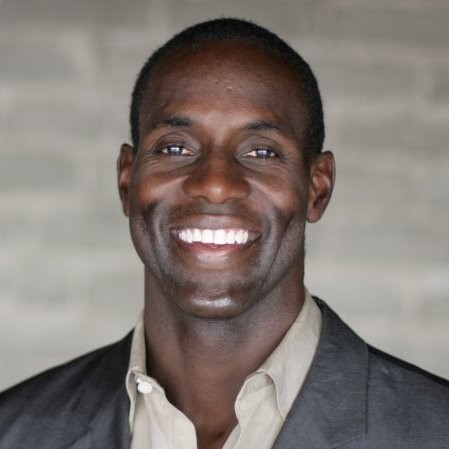Robert Ingersoll's Email & Phone Number
American lawyer and writer
Robert Ingersoll's Email Addresses
Robert Ingersoll's Phone Numbers
Find personal and work emails for over 300M professionals
Not the Robert Ingersoll you were looking for? Continue your search below:About Robert Ingersoll
📖 Summary
Robert Green Ingersoll (1833-1899) was an American lawyer, orator, and writer known for his radical views on religion, politics, and social issues. He was a prominent figure in the late 19th century, often referred to as "The Great Agnostic" for his outspoken criticism of organized religion and his advocacy for secular humanism. Ingersoll was a captivating public speaker, drawing large crowds with his eloquence and wit while challenging the prevailing religious and moral beliefs of his time.
Born in Dresden, New York, Ingersoll grew up in a household deeply influenced by religious fundamentalism. His father, a minister in the Congregational Church, instilled in him a strong sense of moral integrity and a passion for public speaking. Ingersoll's early exposure to religious teachings and his later rejection of such beliefs would shape his progressive worldview and set him on a path of skepticism and intellectual inquiry.
After studying law and being admitted to the bar, Ingersoll established a successful legal practice in Illinois. He also became involved in politics, serving as the attorney general for Illinois and later gaining recognition as a prominent member of the Republican Party. Despite his political career, Ingersoll is best remembered for his public lectures and essays, where he advocated for social and political reform and challenged the dogmas of organized religion.
Ingersoll's most famous lectures and writings centered on his uncompromising criticism of religion. He spoke passionately about the freedom of thought and the separation of church and state, and he fiercely debated the existence of God and the morality of religious teachings. In his lectures, Ingersoll eloquently argued for the importance of reason, compassion, and humanism as guiding principles for ethical living. His bold and unapologetic attacks on religious orthodoxy often made him a controversial figure, but his compelling rhetoric and unwavering commitment to secular humanism earned him a dedicated following and widespread admiration.
One of Ingersoll's most influential works was his lectures on "The Gods" and "The Ghosts," in which he dissected the various religious beliefs and superstitions prevalent in society. In these lectures, he passionately argued for the freedom to question, doubt, and think for oneself, rejecting the notion of divine authority and challenging the legitimacy of religious dogma. His sharp wit and eloquent prose captured the imagination of many, and his critique of organized religion inspired countless individuals to reconsider their beliefs and embrace a more rational and humanistic worldview.
In addition to his critiques of religion, Ingersoll was a vocal advocate for social and political causes. He championed women's rights, racial equality, and the abolition of slavery, and he frequently used his platform to speak out against injustice and inequality. Ingersoll's impassioned defense of individual freedom, equality, and justice reflected his deep commitment to human rights and his desire to create a more just and enlightened society.
Ingersoll's impact extended beyond his lifetime, as his influence on the development of American secular humanism and freethought movements can still be felt today. His legacy as a fierce advocate for reason, tolerance, and intellectual freedom continues to inspire generations of critical thinkers and social reformers. Ingersoll's life and work serve as a testament to the power of rational inquiry, moral courage, and the enduring struggle for a more just and compassionate world.
Frequently Asked Questions about Robert Ingersoll
What was Robert Ingersoll known for?
Robert Green Ingersoll (/ˈɪŋɡərˌsɔːl, -ˌsɒl, -səl/; August 11, 1833 – July 21, 1899), nicknamed "the Great Agnostic", was an American lawyer, writer, and orator during the Golden Age of Free Thought, who campaigned in defense of agnosticism. Dresden, New York, U.S.
What did Robert Ingersoll promote?
Known as the “Great Agnostic” for his decades-long public critique of organized religion, Ingersoll became the leader of the “Golden Age of Freethought” in the United States, a movement dedicated to secularism that began after the Civil War and ended around World War I.
Robert Ingersoll's Email Addresses
Robert Ingersoll's Phone Numbers
People you may be
interested in
American TV personality and entrepreneur
Singer and songwriter
American singer and actress
Japanese actor
American actress
American actor and singer
Actress and model
Football quarterback
American journalist and television presenter
Japanese voice actor
American actress
American singer-songwriter and record producer







